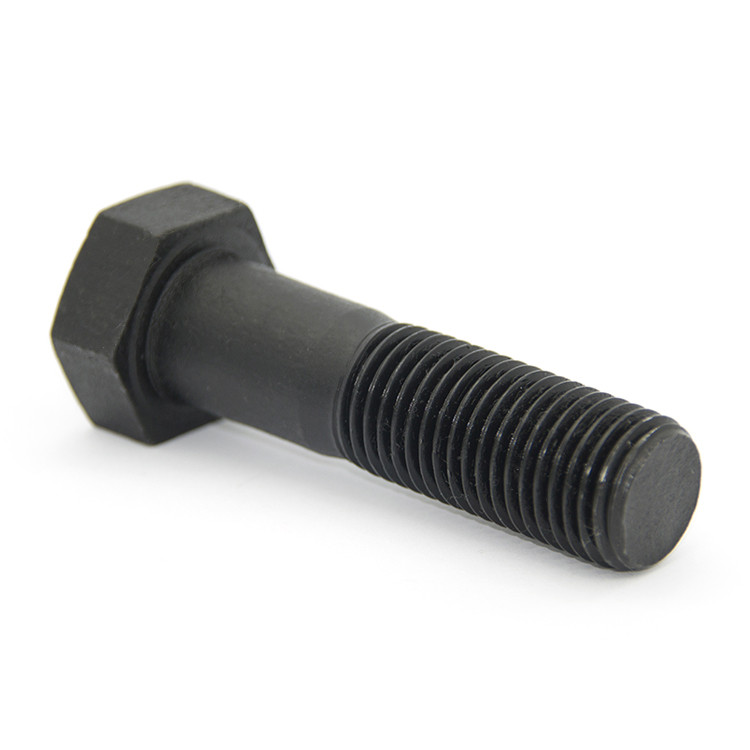Factors to Consider When Choosing Stud Bolt Manufacturers for Your Needs
Oct . 31, 2024 12:38 Back to list
Factors to Consider When Choosing Stud Bolt Manufacturers for Your Needs
Understanding Press in Stud Bolt Manufacturers
In the world of industrial manufacturing, stud bolts play a critical role in various applications, especially in construction and machinery assembly. Among the myriad of manufacturing techniques, the press-in method has emerged as a significant process for stud bolt manufacturers, enhancing both efficiency and product reliability.
What Are Stud Bolts?
Stud bolts are fasteners that have external threads along their entire length and are often used where high strength is required. They typically consist of a plain shank and threads on both ends, allowing nuts to be affixed on each side. These bolts are essential in applications where vibration resistance and joint integrity are crucial, such as in pipelines, turbines, and heavy machinery.
The Press-in Technique
The press-in technique refers to the process where bolts are inserted into a pre-drilled hole in a component and then pressed in to create a secure fit. This method is particularly advantageous for stud bolt manufacturers due to its efficiency and the high quality of the finished product. By using a combination of hydraulic or mechanical presses, manufacturers can achieve a strong interference fit, which enhances the bolt's ability to withstand stress and prevents loosening due to vibration.
Advantages of Press-in Stud Bolts
1. Enhanced Strength The press-in method creates tighter tolerances and a more robust friction fit, leading to superior strength. This is paramount for heavy-duty applications where failure is not an option.
press in stud bolt manufacturers

2. Reduced Production Time The automation and efficiency of pressing processes allow manufacturers to produce stud bolts at a rapid pace. This not only increases output but also reduces labor costs associated with assembly.
3. Minimized Material Waste With precise control over the pressing process, manufacturers can optimize material usage, reducing waste and lowering costs. This aligns well with the growing trend of sustainability in manufacturing practices.
4. Versatility in Materials The press-in technique is adaptable to a wide range of materials, from high-strength steels to specialized alloys. This flexibility allows manufacturers to meet diverse customer needs across various industries.
5. Improved Joint Integrity The interference fit achieved through pressing creates a more reliable joint. This is particularly important in high-stress applications, where even minor failures can lead to catastrophic results.
Quality Control and Standards
Given the critical nature of stud bolts in many applications, manufacturers must adhere to stringent quality control measures. This includes rigorous testing of the bolts’ tensile strength, corrosion resistance, and the effectiveness of the press-fit. Compliance with industry standards such as ASTM and ISO not only ensures product reliability but also builds trust with clients who depend on these components in their operations.
Conclusion
The press-in method for manufacturing stud bolts is a game-changer in the industry, combining strength, efficiency, and quality. As industries evolve and demand for reliable fasteners grows, manufacturers leveraging this technique will likely stay ahead in the competitive landscape. Understanding the benefits of press-in stud bolts can help industries make informed decisions about their fastening solutions, ultimately leading to safer and more efficient operations.
Latest news
-
High-Quality Panel Stud Bolt Reliable Panel Stud Bolt Factory & Suppliers
NewsJul.08,2025
-
High-Precision Fine Thread Locknuts Manufacturer & Supplier Custom Solutions
NewsJul.08,2025
-
PH Imperial Stud Bolt – High Strength Fasteners from Leading Supplier & Factory
NewsJul.07,2025
-
High-Quality Allen Wrench Bolts Leading Factory, Company & Suppliers
NewsJul.07,2025
-
Wholesale Ball Stud Bolt - High Quality Supplier & Factory Price Reliable Wholesale Ball Stud Bolt Company
NewsJul.06,2025
-
High-Strength Alloy Bolts Manufacturer & Supplier Quality Alloy Fasteners Factory
NewsJul.06,2025
